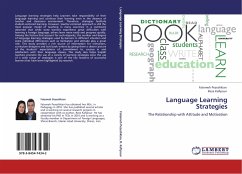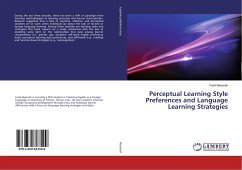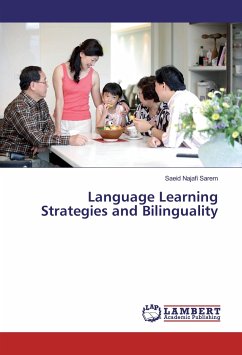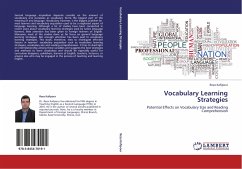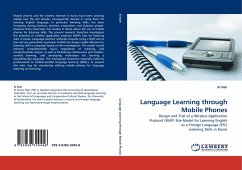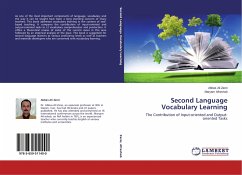Language learning strategies help Learners take responsibility of their language learning and continue their learning even in the absence of teacher and classroom environment. Therefore, strategies facilitate student-centered learning. However, teacher-centered approach is still the most popular model of teaching in many countries. It is commonly observed that while some learners experience great difficulties with learning a foreign language, others learn more easily and progress quickly. Among the factors that account for such disparity, the number and degree of language learning strategies used by learners in different situation and some individual differences such as motivation and attitude play a great role. This study provides a rich source of information for instructors, curriculum designers and text book writers by giving them a clearer picture of the students expectations of, commitment to, success in and satisfaction with their language classes. This study also helps English teachers promote the use of a variety of learning strategies since the use of a wide range of strategies is one of the key features of successful learners that have been highlighted by research.
Hinweis: Dieser Artikel kann nur an eine deutsche Lieferadresse ausgeliefert werden.
Hinweis: Dieser Artikel kann nur an eine deutsche Lieferadresse ausgeliefert werden.

